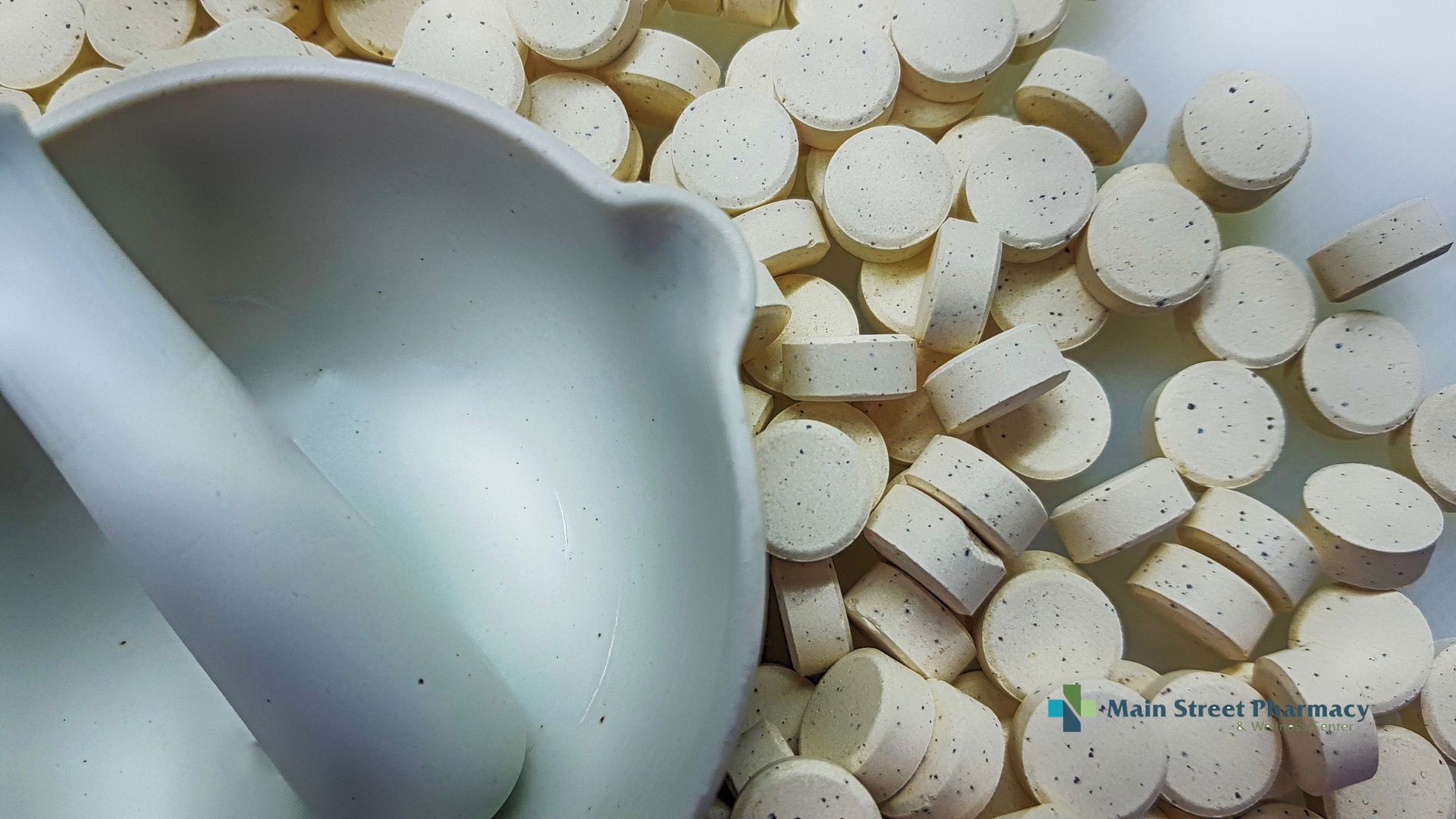Compounding medications is a time-honored practice that allows pharmacists to tailor treatments to meet the unique needs of individual patients. In the ever-evolving landscape of healthcare, the ability to provide personalized solutions is becoming increasingly important. While mass-produced pharmaceuticals are suitable for many, they cannot always address the specific requirements of every patient. Here, we explore the myriad benefits of compounding medications and how this practice enhances patient care.
Tailored Dosages for Optimal Efficacy
One of the most significant advantages of compounding is the ability to create medications in precise dosages. Standard pharmaceutical dosages are often designed to fit the “average” patient, which can be problematic for those who require more specific dosing. For instance, children, elderly patients, and those with chronic conditions may need dosages that are not commercially available. Compounding pharmacists can adjust the strength of a medication to match the exact therapeutic needs of the patient, ensuring optimal efficacy and reducing the risk of side effects.
Allergy and Sensitivity Accommodations
Many commercially available medications contain inactive ingredients such as dyes, preservatives, binders, and fillers, which can cause adverse reactions in sensitive individuals. Patients with allergies or sensitivities to these ingredients can greatly benefit from compounded medications, which can be formulated to exclude problematic substances. By eliminating allergens and irritants, compounded medications provide a safer alternative for these patients, allowing them to adhere to their treatment plans without experiencing harmful side effects.
Customized Forms for Better Compliance
Medication adherence is a critical factor in successful treatment outcomes. However, some patients struggle with taking medications in standard forms, such as pills or capsules. Compounding offers the flexibility to create medications in various forms that are easier to administer and more palatable. For example, liquid formulations, topical creams, gels, lozenges, and transdermal patches can be made for patients who have difficulty swallowing pills. Additionally, flavorings can be added to make medications more appealing, particularly for pediatric patients.
Addressing Drug Shortages and Discontinuations
Occasionally, commercially manufactured medications become unavailable due to shortages or discontinuations. This can be particularly challenging for patients who rely on these specific treatments. Compounding pharmacies can recreate these medications, ensuring that patients do not experience interruptions in their therapy. This ability to fill the gap left by unavailable medications is a crucial benefit of compounding, maintaining continuity of care for patients.
Compounding – Combining Multiple Medications
For patients taking multiple medications, compounding can simplify their regimen by combining several drugs into a single dosage form. This is especially beneficial for those with chronic conditions requiring numerous medications, such as elderly patients. By reducing the number of pills a patient needs to take each day, compounded medications can enhance adherence and simplify complex treatment regimens, leading to better health outcomes.
Unique Medication Needs
Certain patient populations, such as veterinary patients and individuals with rare diseases, often have unique medication needs that standard pharmaceuticals cannot meet. Compounding pharmacists can create specialized formulations to address these needs. For example, veterinary compounding can produce medications in flavors that appeal to pets, ensuring they take their treatments willingly. Similarly, for patients with rare diseases, customized medications can be tailored to specific genetic and biochemical profiles, providing more effective treatment options.
Enhancing Quality of Life
Compounded medications can significantly enhance the quality of life for patients. For those suffering from chronic pain, dermatological conditions, or other long-term health issues, customized topical formulations can provide targeted relief without the systemic side effects associated with oral medications. Additionally, hormone replacement therapy (HRT) can be tailored to the precise needs of patients undergoing treatment for hormonal imbalances, improving their overall well-being.
Regulatory Compliance and Safety
The practice of compounding is highly regulated to ensure patient safety. In the United States, the Food and Drug Administration (FDA) and state pharmacy boards oversee compounding practices. Compounding pharmacies must comply with stringent standards set by organizations such as the United States Pharmacopeia (USP) to guarantee the quality and safety of their products. This regulatory oversight ensures that compounded medications are prepared in clean, controlled environments and meet rigorous quality control criteria.
Compounding medications offer a host of benefits that extend beyond what standard pharmaceuticals can provide. From tailored dosages and allergy accommodations to customized forms and addressing drug shortages, compounding plays a vital role in personalized healthcare. By meeting the unique needs of individual patients, compounding pharmacists enhance treatment outcomes and improve the overall quality of life for those they serve. This personalized approach to medication underscores the importance of adaptability and patient-centered care in modern healthcare, ensuring that everyone has access to the treatments they need.






